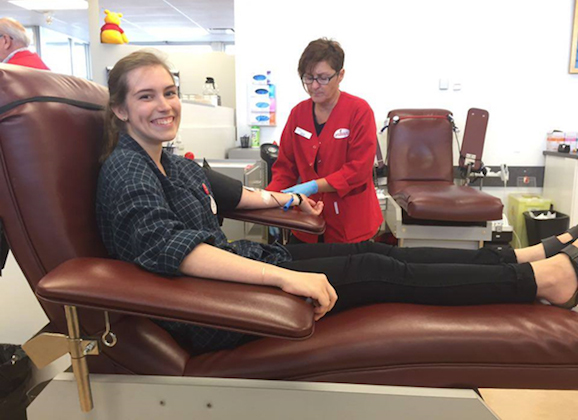Vocalizing Goals: They Are Part of You
When people ask us to define ourselves, we often look back retroactively and recount important accomplishments, moments, likes, dislikes, and habits.
By only looking backwards, we limit ourselves to things that have been, and do not acknowledge all our progress and our potential for growth.

Photo by Krzysztof Hepner on Unsplash
I had a few moments where this clicked for me. I was reflecting on my first job, which was at McDonald’s the summer after grade 10.
During my interview, having zero work experience, I focused on academics, extracurriculars, and volunteer experience as many others in my situation would do.
However, I also spoke of my desire to become a lawyer or engineer (I am currently in business as I changed my mind).
This showcased that I was more than just my past experiences, that instead I was an ambitious young student. Here I highlighted my personal growth trajectory and this allowed the employer to include what I may become in their decision making.
Currently, I speak about my interest in potentially becoming a CFO as a reference point for the future. By saying this, whomever I am talking to doesn’t just view me as a 4th year student but starts connecting to where I want to end up and including that in their thought process.
Telling others about your future hopes conveys that while you have done exciting things in the past, you do not aim to settle, but instead, keep learning, pushing, and growing. Our growth matters. If you are committed and progressing towards a goal, it should be included in the definition of who you are.
Let’s say that you are shy and historically have struggled advocating for yourself in group situations, asking questions in class, or presenting in front of an audience.
Someone asks you to take on presenting your latest group project to the class. Through this historical lens, you might say “I’m bad at presenting, you are good and should present instead.”
However, this does not acknowledge that maybe you want to be good at presenting one day, and really, this is a good way to practice.
When you consider your future goal, you might frame it as a learning opportunity and say “yes” instead of letting nerves best you or defaulting to someone else.
In an interview, when an employer asks you what your weaknesses are, they want to see that you are aware and taking action to grow.
If you are “bad at presenting” but have a plan to actively put yourself in scenarios where you can practice this skill, it showcases your resiliency and ability to overcome limitations.
The first person who limits us is ourselves; because of this, showing others that you want to keep learning and growing allows them to better understand and appreciate the you right now.




